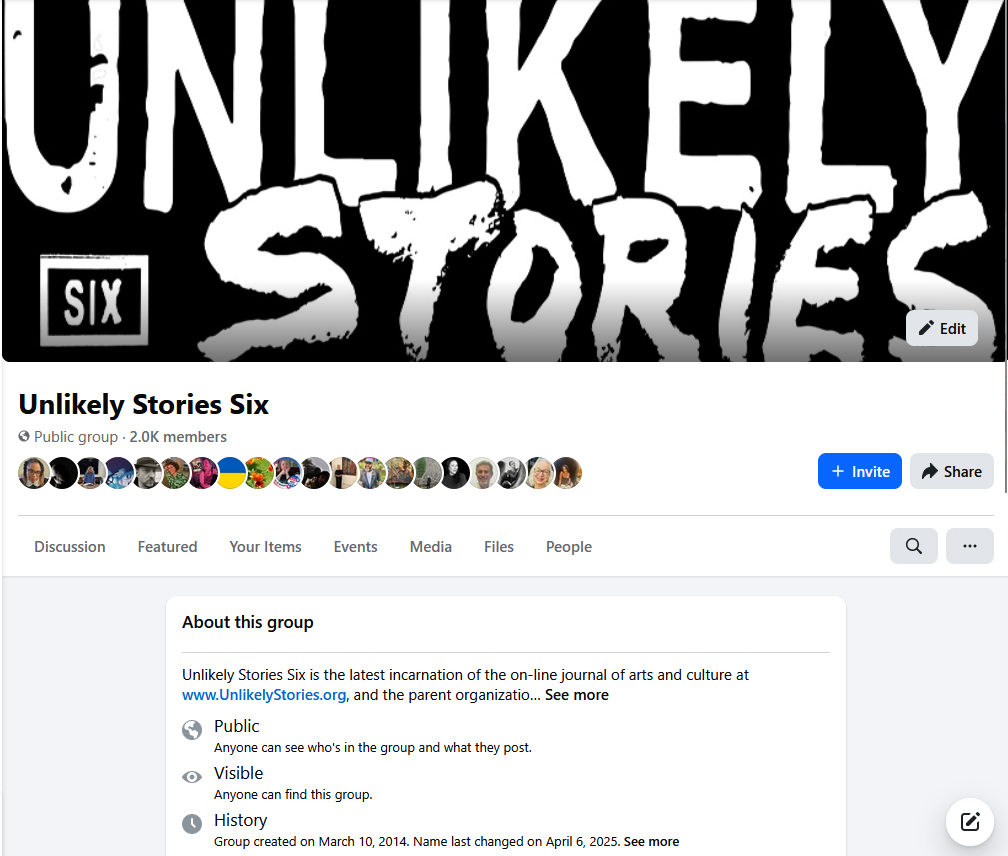a counterapology to Stay: A History of Suicide and the Philosophies Against It by Jennifer Michael Hecht
I do not know when I first began to experience suicidal impulses, nor do I recall when they became sharp and frequent. I know, though, that I was a child. It is now April, and I turn 50 this month, and have lived with suicidal thoughts a long time. I have, if you’ll forgive the statement, not killed myself, and I do not think that I will. Nonetheless, I did and do resent being told I am not allowed to, by imperative. I recognize that Stay is a book of philosophy, and such books frequently deal in imperatives. Still, the subtitle describes it as a history book, not a moral lecture. On the other hand, I have read many moral lectures with which I take issue; few cause as an intense reaction in me, over more than a decade.
It was not, primarily, my own rights I was feeling when I became so angry. I was angry for the rights of my best friend, the poet Michelle Greenblatt.
Michelle was born in 1982; she was eight years my junior. She was, throughout her adult life, in intense physical pain. Her doctors diagnosed it as fibromyalgia—what that means is beyond our scope, but what she experienced was crippling and very real.
Because of her inability to work, Michelle lived most of her life with her parents on Florida’s Atlantic coast. We were, in 2014, impoverished poets, and our relationship was mostly conducted over the phone, often well into the night. Over the course of these conversations, she asserted her personal right to suicide, and speculated on its possible eventual necessity, given her physical condition. At one point, I told her that I was incapable of accepting this: that, while I honored this right in the abstract, I could not allow her to kill herself with my knowledge, and would have to make an interventionary report. Over the years, I relented, assuring her that if she needed to commit suicide, she should feel free to say goodbye to me, and I would not “out” her—an arrangement that was never tested.
I saw my statements to Michelle as fundamentally different from Hecht’s, though others might disagree. To my way of thinking, I could accept suicide, but not take personal responsibility for it. This might’ve been cowardice on my part, or it might’ve been a gentle way to exert influence without issuing demands, which might or might not have been ethical. (These questions belong to the past, since I am now a mandatory reporter who must report suicide attempts.) Hecht, on the other hand, was taking personal responsibility, from a profoundly impersonal distance. Although one might suspect that the author of Stay is necessarily familiar with suicidal impulses (and otherwise would not have taken on the project), no mention of these impulses is made in the volume.
In my role as an editor of poetry, I have counseled numerous suicidal people, competently or otherwise. I do so by issuing no demands, no criticism, and suggesting no restrictions on the suicidal person’s behavior. I make myself as vulnerable as possible, talking about my own relationship with despair and suicidal feelings. Stay takes the opposite approach, and, at the time, in my own intensity and relative immaturity, it’s not surprising that I found it toxic.





Comments
Tobey Hiller (not verified)
JoaniJoaniJoani... (not verified)
Regina Rheda (not verified)
Add comment